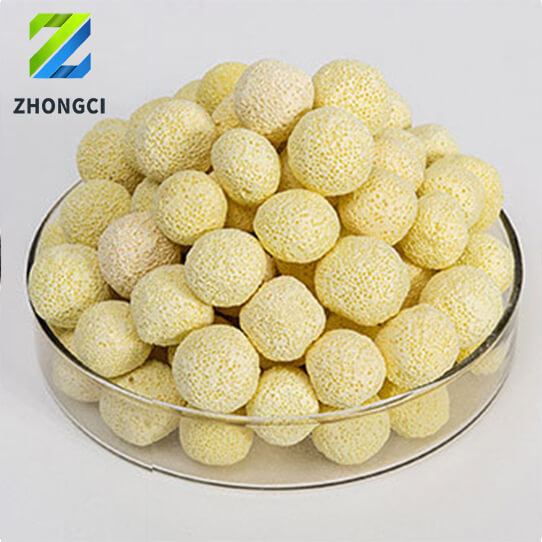Exhibition
How to Select the Right HDPE Ball for Your Application?
Zhongci Environ …
How to Optimize MBBR Systems? Choose HDPE 31x1mm Filter Media
1. HDPE 31x1mm …
Unlock Higher Cooling Efficiency with the Right Fill Design
Cooling Tower F …
Cooling Tower Fill Media — Complete Explanation and Use Cases
Cooling tower f …
Ceramic Baking beans
Made from natural, food safety ceramic stoneware, No powder, no broken heat resistant to 500 degree.
Specially designed to weighs down pie dough to keep dubbles from forming and avoid shrinking of the pastry base. Each balls transfers heat evenly.
Individual beads can easily to be place and arrange as per needed.
Place them in the crust, don’t drop them to avoid dents. Wipe clean with dry cloth or hand wash in warm water. Dry thoroughly before storing.
Individual beads can easily to be place and arrange as per needed.
Place them in the crust, don’t drop them to avoid dents. Wipe clean with dry cloth or hand wash in warm water. Dry thoroughly before storing.

★ Excellent efficiency of remove residual chlorine in water.
★ Diminution of bad smell, bad taste, impurities, micro organic.
★ Food grade remove chlorine ball for drinking water treatment.
★ Professional Manufacture of bio ceramic balls since 1993.
★ Food grade remove chlorine ball for drinking water treatment.
★ Professional Manufacture of bio ceramic balls since 1993.
Test data:
CaSO3 Dissloved (mg/L) | 0.02 | Adding 5g CaSO3 Ball into 400ml tap water (free chlorine 1ppm)% | >=96% |
CaSO3 Percentage | >=80% | Adding 8g CaSO3 Ball into 400ml tap water (free chlorine 1ppm)% | >=97% |
Bulk Porosity Rate | >=39% | Adding 10g CaSO3 Ball into 400ml tap water (free chlorine 1ppm) % | >=98% |
Specific Area (cm2/g) | >0.5*104 | Adding 15g CaSO3 Ball into 400ml tap water (free chlorine 1ppm) % | 100% |







